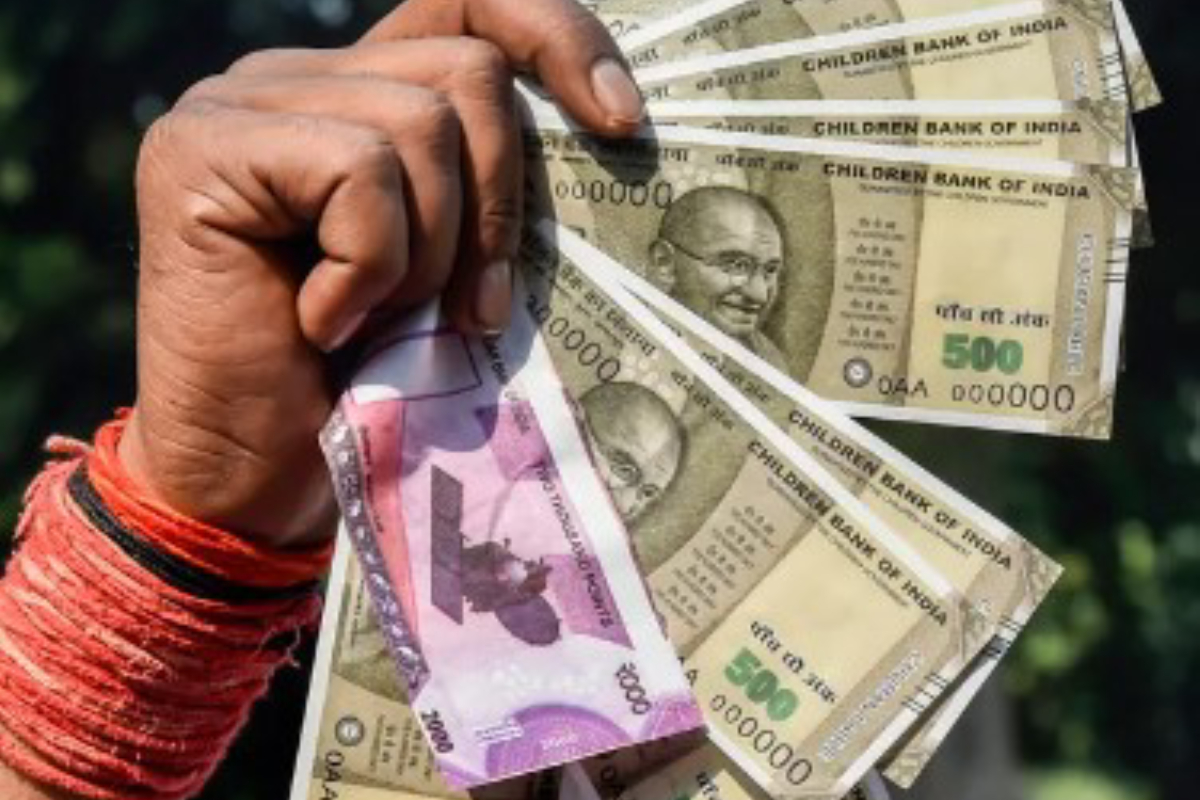Congress leaders slammed the government on the Supreme Court of India’s judgement on demonetisation saying the dissenting order is a welcome slap on the wrist of the centre.
The Constitution Bench of the SC on Monday upheld the decision taken by the central government six years ago, in 2016, to demonetise currency notes of ₹500 and ₹1,000 denominations by a 4:1 majority. The Bench said that the decision-making process was not flawed.
In a series of tweets, former Union Finance minister and senior congress leader P Chidambaram said, “Once the Supreme Court has declared the law, we are obliged to accept it.”
Once the Hon'ble Supreme Court has declared the law, we are obliged to accept it.
— P. Chidambaram (@PChidambaram_IN) January 2, 2023
Chidambaram said it is necessary to point out that the majority has not upheld the wisdom of the decision nor has the majority concluded that the stated objectives were achieved. In fact, the majority has steered clear of the question of whether the objectives were achieved at all.
Hitting out at the government, Chidambaram said: “We are happy that the minority judgement has pointed out the illegality and the irregularities in the Demonetisation. It may be only a slap on the wrist of the government, but a welcome slap on the wrist.”
“The dissenting judgement will rank among the famous dissents recorded in the history of the Supreme Court,” he said.
The former Union minister also noted that the “minority judgement” brings out the profound distinction between the plenary legislative power of Parliament and the limited power of the executive government.
“We are happy that the minority judgment has emphasised the important role of Parliament in a democracy. We hope that in future an unbridled Executive will not thrust disastrous decisions on Parliament and the people,” Chidambaram added.
Justice BV Nagarathna dissented from the majority judgment on the point of the Centre’s powers under section 26(2) of the RBI Act and said the scrapping of the notes had to be done through legislation and not through a notification.
Congress general secretary Jairam Ramesh also hit out at the government and said, “The Supreme Court has only pronounced on whether Section 26(2) of RBI Act, 1934 was correctly applied or not before announcing demonetisation on November 8 2016.”
Ramesh further said that nothing more, nothing less. “In her dissenting opinion one Judge has said that Parliament should not have been bypassed,” he said.
“It has said nothing about the impact of demonetisation which was a singularly disastrous decision. It damaged the growth momentum, crippled MSMEs, finished off the informal sector and destroyed lakhs and lakhs of livelihoods,” Ramesh said.
Ramesh also said that the verdict has nothing to say about whether the stated objectives of demonetisation were met or not.
“None of these goals – reducing currency in circulation, moving to a cashless economy, curbing counterfeit currency, ending terrorism and unearthing black money – was achieved in significant measure,” Ramesh said.
“The majority Supreme Court verdict deals with the limited issue of the process of decision making not with its outcomes,” Ramesh said, adding that to say that demonetisation has been upheld by the Supreme Court is “totally misleading and wrong”.









